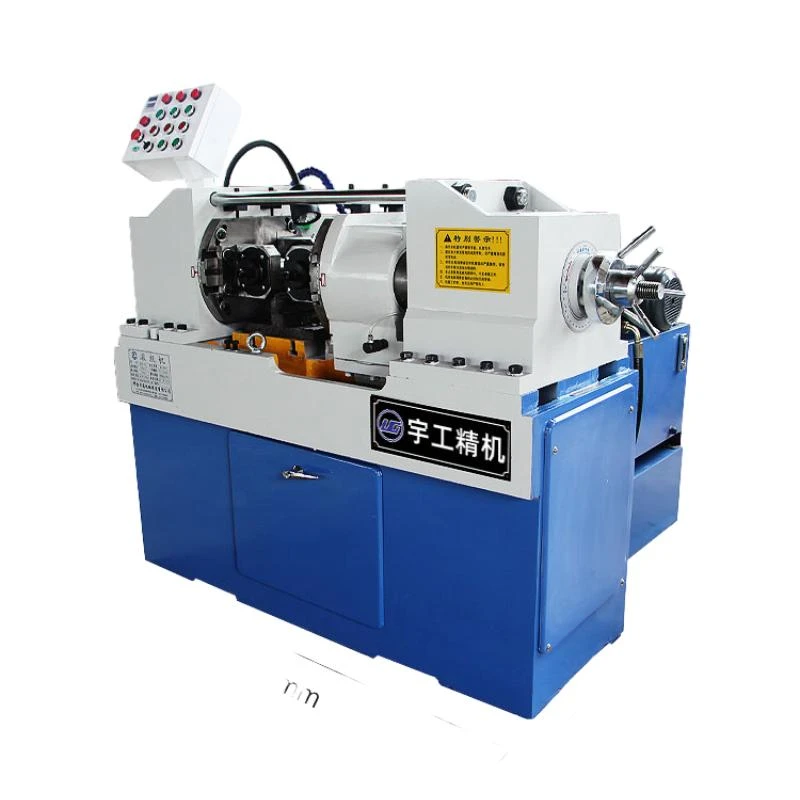
-
 Afrikaans
Afrikaans -
 Albanian
Albanian -
 Amharic
Amharic -
 Arabic
Arabic -
 Armenian
Armenian -
 Azerbaijani
Azerbaijani -
 Basque
Basque -
 Belarusian
Belarusian -
 Bengali
Bengali -
 Bosnian
Bosnian -
 Bulgarian
Bulgarian -
 Catalan
Catalan -
 Cebuano
Cebuano -
 Corsican
Corsican -
 Croatian
Croatian -
 Czech
Czech -
 Danish
Danish -
 Dutch
Dutch -
 English
English -
 Esperanto
Esperanto -
 Estonian
Estonian -
 Finnish
Finnish -
 French
French -
 Frisian
Frisian -
 Galician
Galician -
 Georgian
Georgian -
 German
German -
 Greek
Greek -
 Gujarati
Gujarati -
 Haitian Creole
Haitian Creole -
 hausa
hausa -
 hawaiian
hawaiian -
 Hebrew
Hebrew -
 Hindi
Hindi -
 Miao
Miao -
 Hungarian
Hungarian -
 Icelandic
Icelandic -
 igbo
igbo -
 Indonesian
Indonesian -
 irish
irish -
 Italian
Italian -
 Japanese
Japanese -
 Javanese
Javanese -
 Kannada
Kannada -
 kazakh
kazakh -
 Khmer
Khmer -
 Rwandese
Rwandese -
 Korean
Korean -
 Kurdish
Kurdish -
 Kyrgyz
Kyrgyz -
 Lao
Lao -
 Latin
Latin -
 Latvian
Latvian -
 Lithuanian
Lithuanian -
 Luxembourgish
Luxembourgish -
 Macedonian
Macedonian -
 Malgashi
Malgashi -
 Malay
Malay -
 Malayalam
Malayalam -
 Maltese
Maltese -
 Maori
Maori -
 Marathi
Marathi -
 Mongolian
Mongolian -
 Myanmar
Myanmar -
 Nepali
Nepali -
 Norwegian
Norwegian -
 Norwegian
Norwegian -
 Occitan
Occitan -
 Pashto
Pashto -
 Persian
Persian -
 Polish
Polish -
 Portuguese
Portuguese -
 Punjabi
Punjabi -
 Romanian
Romanian -
 Russian
Russian -
 Samoan
Samoan -
 Scottish Gaelic
Scottish Gaelic -
 Serbian
Serbian -
 Sesotho
Sesotho -
 Shona
Shona -
 Sindhi
Sindhi -
 Sinhala
Sinhala -
 Slovak
Slovak -
 Slovenian
Slovenian -
 Somali
Somali -
 Spanish
Spanish -
 Sundanese
Sundanese -
 Swahili
Swahili -
 Swedish
Swedish -
 Tagalog
Tagalog -
 Tajik
Tajik -
 Tamil
Tamil -
 Tatar
Tatar -
 Telugu
Telugu -
 Thai
Thai -
 Turkish
Turkish -
 Turkmen
Turkmen -
 Ukrainian
Ukrainian -
 Urdu
Urdu -
 Uighur
Uighur -
 Uzbek
Uzbek -
 Vietnamese
Vietnamese -
 Welsh
Welsh -
 Bantu
Bantu -
 Yiddish
Yiddish -
 Yoruba
Yoruba -
 Zulu
Zulu
CE Certification for Reed Thread Rolling Machines Explained in Detail
CE Certification for Reed Thread Rolling Machines Ensuring Quality and Safety in Manufacturing
In the contemporary manufacturing landscape, the emphasis on quality and safety cannot be overstated. Among the numerous machinery utilized in various industries, thread rolling machines stand out for their essential role in producing high-precision threaded components. One significant designation that enhances the credibility and trust in these machines is the CE (Conformité Européenne) certification. This article delves into the importance of CE certification for reed thread rolling machines, outlining its implications for manufacturers and users alike.
What is CE Certification?
CE certification is a mandatory conformity mark for products sold within the European Economic Area (EEA). It indicates that the product complies with the essential health, safety, and environmental protection standards set forth by EU directives. For machinery, including reed thread rolling machines, this certification ensures that the equipment meets stringent safety norms to protect operators and the environment during its operation.
Importance of CE Certification in Thread Rolling Machines
1. Quality Assurance CE certification serves as a testament to the quality of reed thread rolling machines. Manufacturers of these machines must undergo rigorous testing and assessment to achieve this certification. This process guarantees that the machines are built with high-quality materials and are capable of performing under set operational standards. Consequently, customers can trust that they are investing in reliable machinery that will meet their production needs effectively.
ce certification reed thread rolling machines

2. Safety Compliance The inherent risks associated with operating machinery can never be overlooked. CE certification indicates that the machine adheres to safety regulations designed to minimize hazards. This includes features such as emergency shut-off systems, adequate guarding, and operational limits to protect workers from potential injuries. By using CE-certified reed thread rolling machines, companies can significantly reduce the risk of workplace accidents, fostering a safer working environment.
3. Market Access For manufacturers wishing to enter the European market, obtaining CE certification is often a prerequisite. The certification not only facilitates market entry but also enhances a company's reputation globally. Products with CE marking are recognized as safe and compliant, allowing for smoother exports and expanded business opportunities.
4. Environmental Responsibility One of the essential aspects of CE certification is its focus on sustainability and mitigating environmental impact. Reed thread rolling machines that bear the CE mark are designed with energy efficiency and minimal waste in mind. This aligns with the increasing demand for environmentally friendly manufacturing practices and can help companies reduce their carbon footprint.
5. Regulatory Compliance and Liability Protection By adhering to CE certification requirements, manufacturers reduce their risk of legal liabilities associated with non-compliance. In the event of an accident or failure, having CE certification can serve as a critical defense in legal proceedings, demonstrating that the manufacturer has met all required standards.
Conclusion
In summary, CE certification for reed thread rolling machines is not merely a regulatory formality but a critical factor that encompasses quality, safety, and environmental responsibility. Businesses that invest in CE-certified machines can attain enhanced operational efficiency, reduced risks, and greater market access, ultimately leading to a more robust bottom line. As the manufacturing sector continues to evolve, the adherence to quality standards such as CE certification will remain pivotal in ensuring the safety and effectiveness of production machinery. Embracing these standards is not only beneficial for manufacturers but also essential for fostering a culture of safety and excellence in the manufacturing industry at large.
